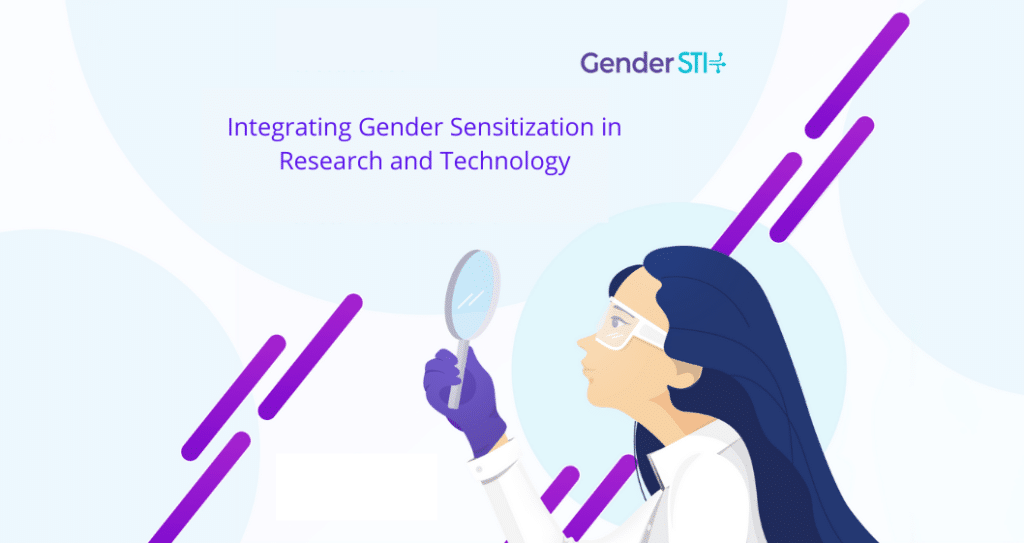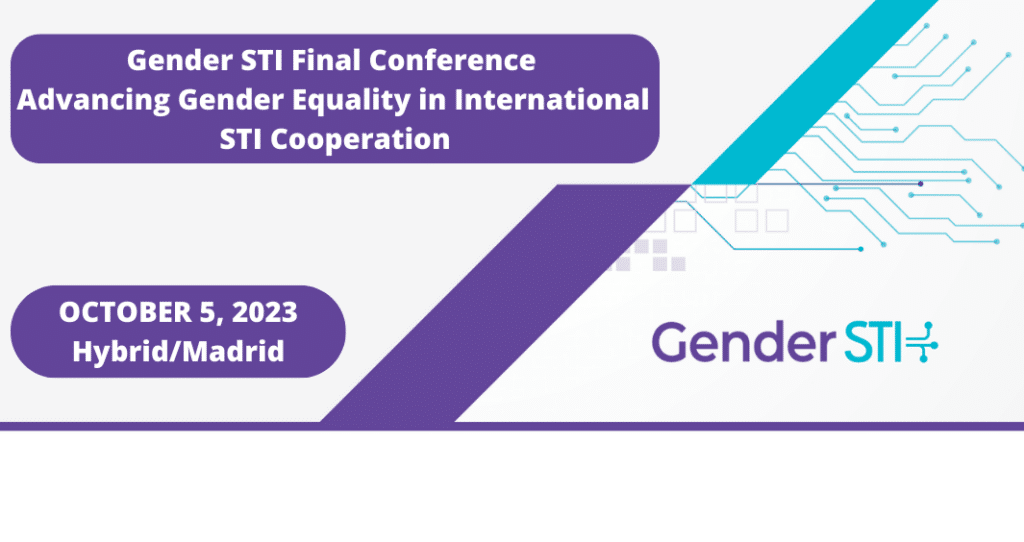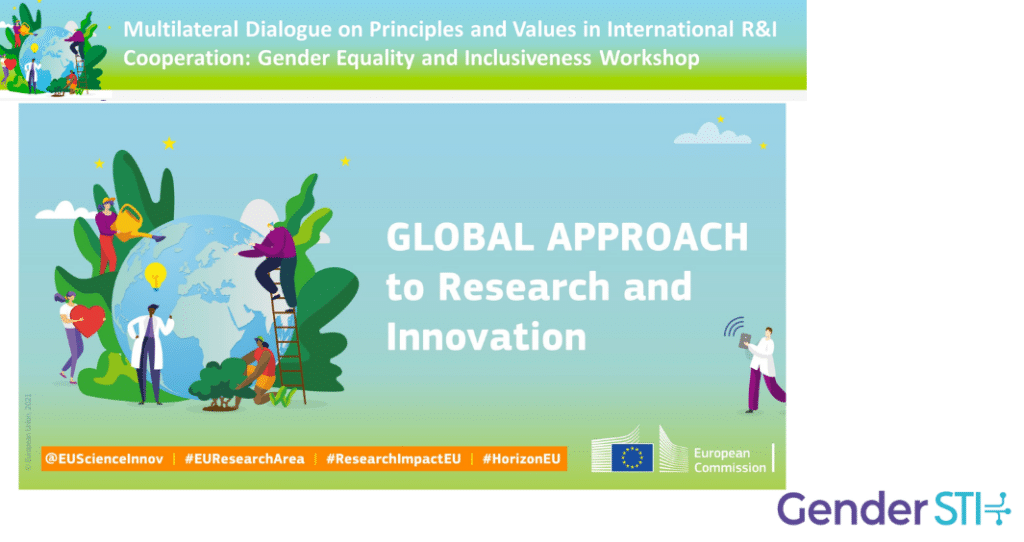This week, the world will celebrate the International Day of Women and Girls in Science on Feb. 11, which aims to promote full and equal access to and participation in science for women and girls. As part of this effort, Gender STI has launched its own #WomenInScience campaign. We talked to researchers and experts, both men and women, about why they got involved in science, what they think about current statistics on women researchers and what they think needs to be done to encourage more women and girls to pursue scientific careers.
It’s more important than ever to highlight the voices of #WomenInScience. We’re excited to introduce you to an incredible woman, Nawal Aït Ali from CNRS’s Mission for the Place of Women.
What is your job position and why did you decide to work in science, technology and innovation? What does your job entail?
I work at the Mission for the Place of Women at the French Centre national de la recherche scientifique (CNRS) where I manage European projects related to gender equality and gender mainstreaming in research. Our unit’s name speaks for itself: We’re involved in multiple projects, initiatives and networks connected to science, technology and innovation (STI) and are pushing for structural change. My background is in sociology and science studies and I used to explore how female and minority researchers’ scientific narratives can be subject to biased academic judgement and how it can affect their careers and positioning. It made sense for me to embrace a new mode of action and get involved in a unit dedicated to tackle some of these biases.
According to the United Nations, currently less than 30% of researchers worldwide are women. What do you think about that?
That it is a massive loss for science and social progress and that the tendency should change quite urgently.
What would you tell young girls and women who are interested in pursuing a career in science?
Go for it! Safe travels!
What do you think needs to be done to encourage more girls and women to pursue scientific careers?
I personally think we should put more institutional effort in fixing the system and making it sustainable for all rather than in encouraging girls and women to work on themselves to gain trust and self-confidence. We should make room for less male-centered scientific narratives and also counteract the fact that many fields of research produce biased scientific outcomes by not including enough women and alternative genders as subjects of their empirical studies.
What message would you send to the public on the International Day of Women and Girls in Science?
Join the party!



